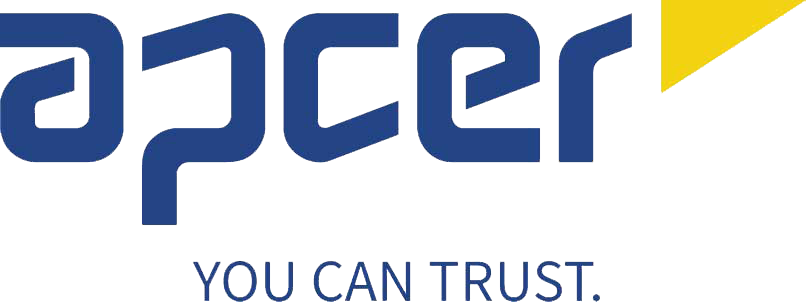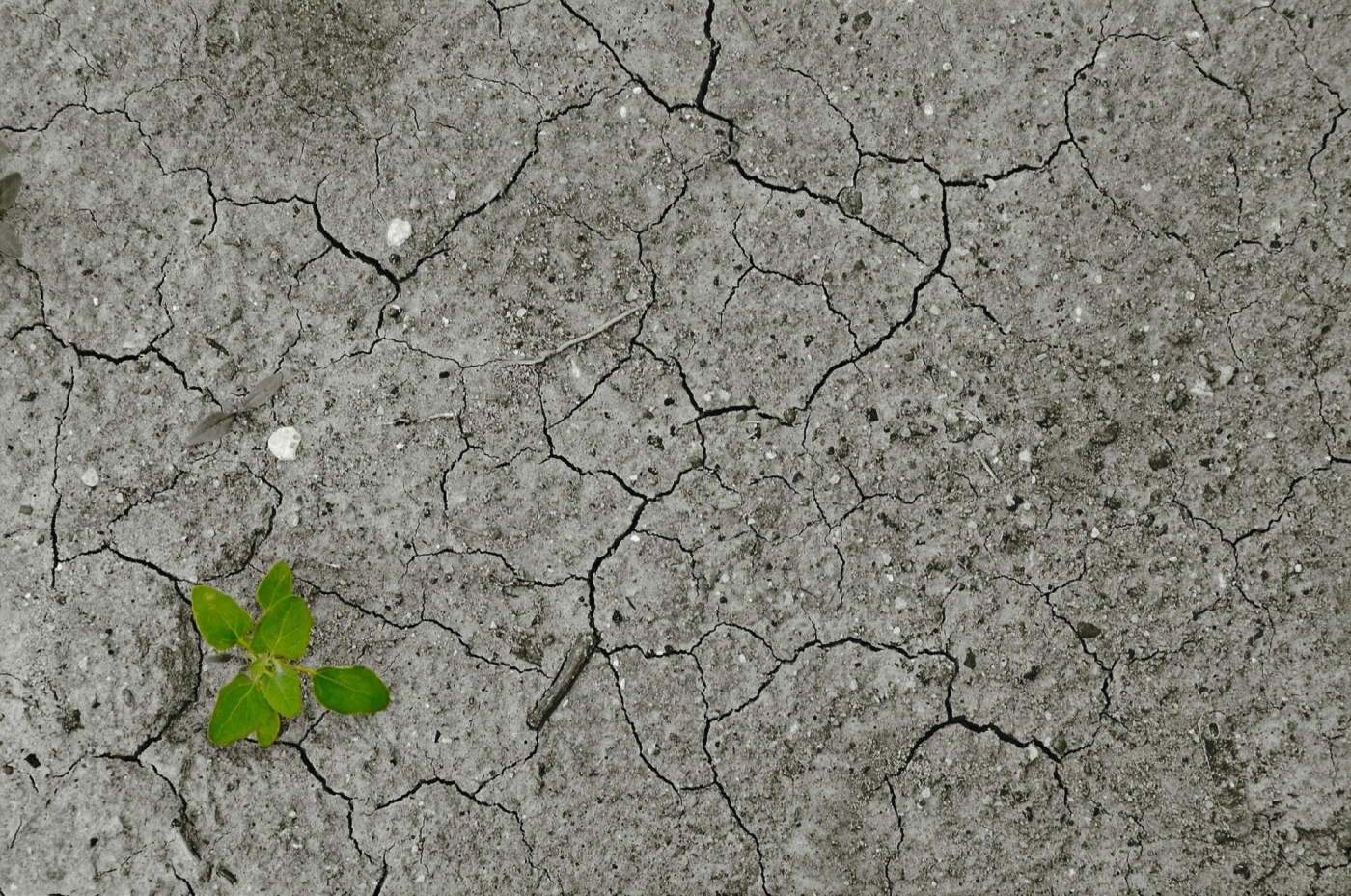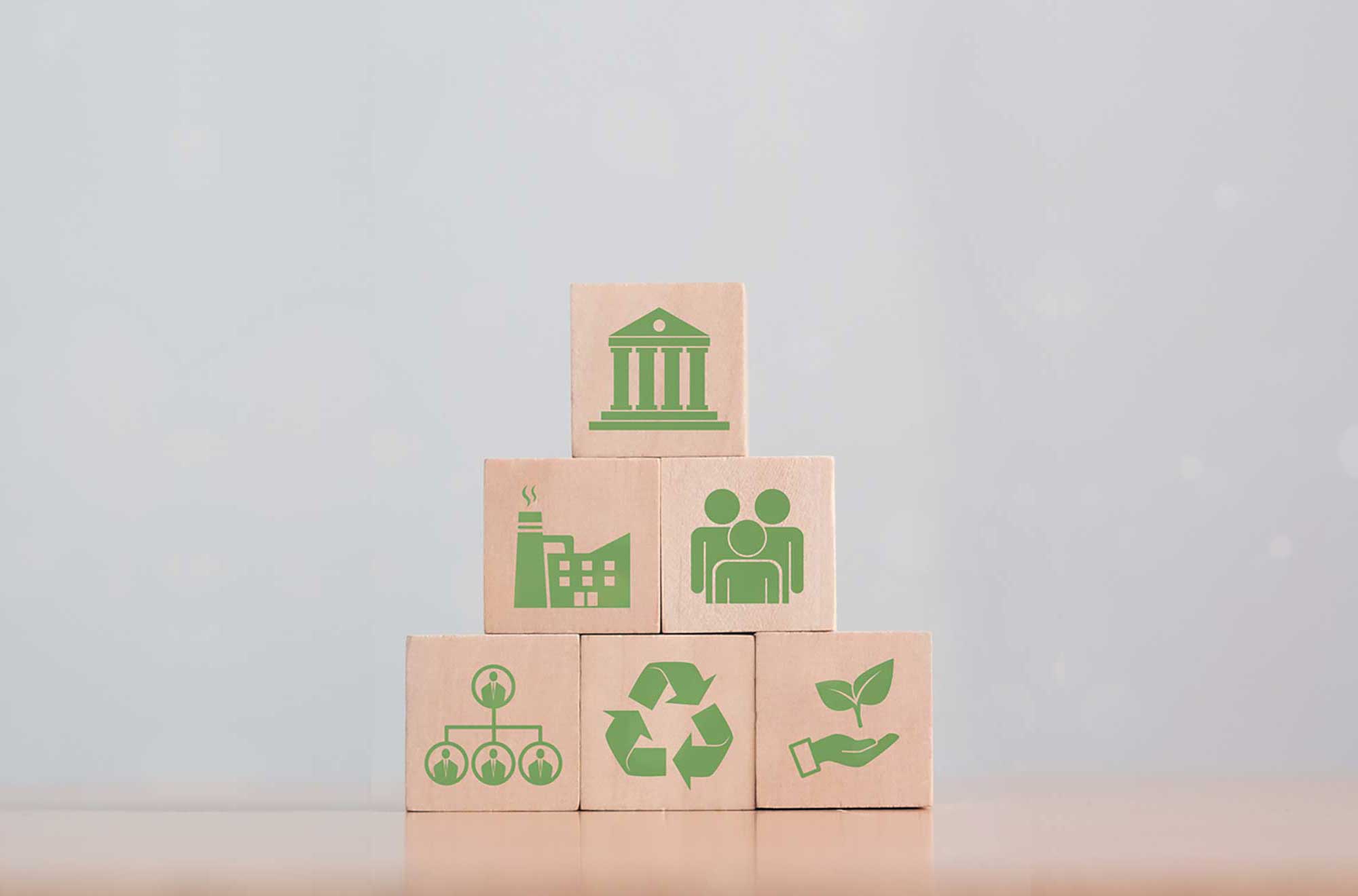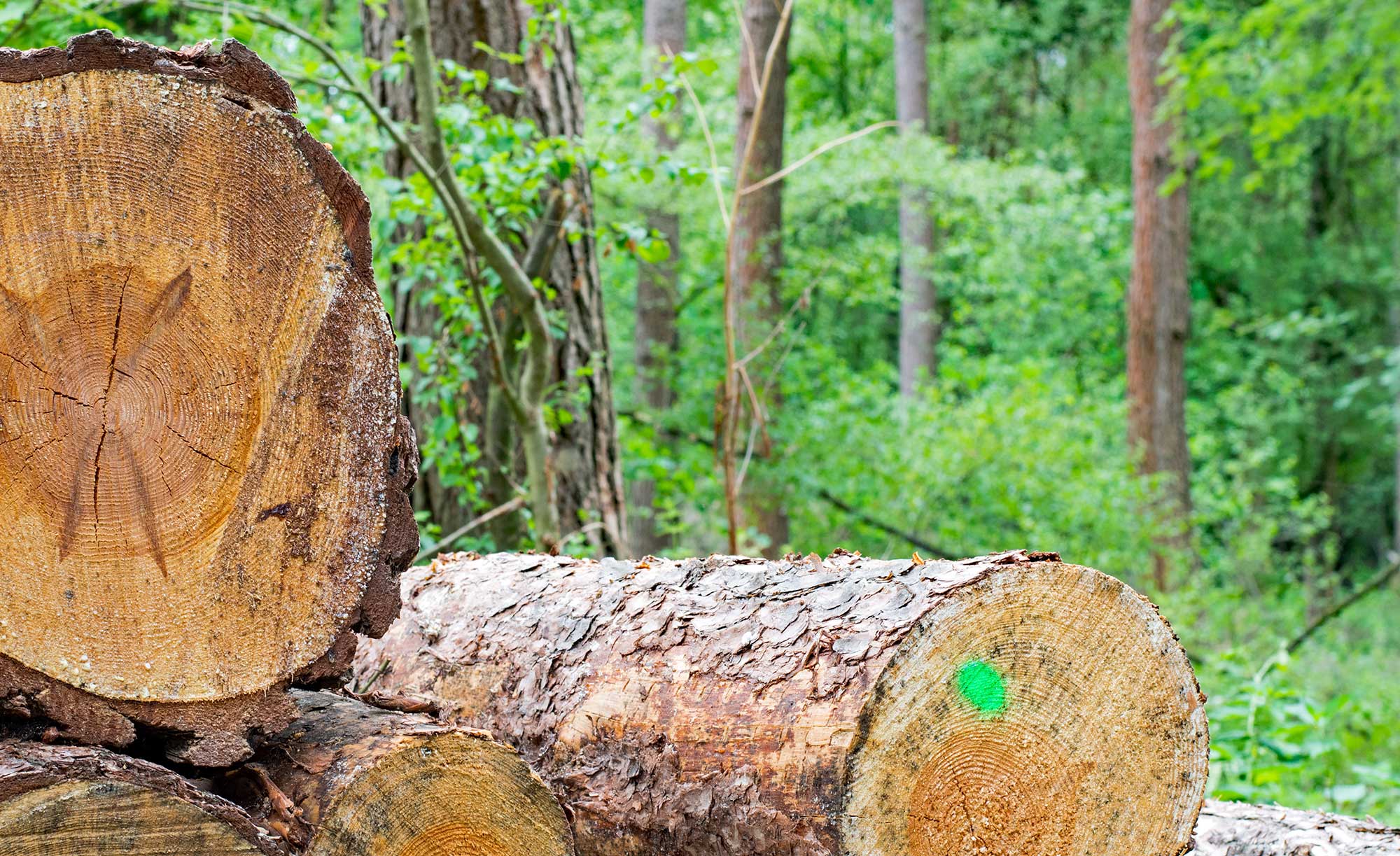The climate change problem and the issue of sustainability have put pressure on the textile industry, which – undeniably – has a major environmental impact. According to WWF Switzerland, the textile and clothing industry emits 1.7 billion tonnes of carbon dioxide and generates 2.1 billion tonnes of residues per year. On the other hand, the 2017 Global Fashion Agenda report estimated that the EU's environmental footprint due to textile consumption ranged from 4 to 6%. Furthermore, clothing consumption is expected to increase to 102 million tonnes in 2030 due to a drop in prices and the pace at which fashion is made available to consumers, which is why this industry will need to adopt measures that make it more sustainable.
However, in spite of the concern regarding the textile industry's sustainability, there is still a long way to go. There are already various solutions that mitigate the impact of organisational activities and educate society about this reality. There is a set of tools – applicable to the entire production chain, from raw materials to production and final distribution – that allow organisations to monitor and reduce the environmental impact of their activities. Apart from existing productive or technological solutions, there are also numerous management support tools that will help companies face this new challenge. Some examples include ISO 14001 - Environmental management systems, ISO 50001 – Energy management systems, SA8000 - Social accountability management or GOTS - Global Organic Textile Standard, among others.
GOTS is a standard that is applicable to textiles manufactured from organic fibres. It is recognised internationally, and it emerged in 2006 alongside an increase in consumption of organic fibres and demand for standardised production criteria for the industry and for retail sectors. This standard defines the minimum amount of certified organic fibres that the textile product must have (at least 70%), prohibits the use of toxic or harmful chemical products, defines environmental criteria, and requires compliance with accountability criteria for the entire organic textile supply chain. It applies to raw materials producers, textile producers, distributors, importers, brands, or any other player in the textile industry. The final organic fibre products may include – but are not limited to – threads, fabrics, clothing, home textiles, and personal care products. GOTS still covers "combined products" such as baby prams with textile fabrics, cradles, car seats or furniture with fabric upholstery that have certified fabric components.
Therefore, this is the most well-known certificate for anyone who produces or sells products made from biological materials, such as cotton or natural fibre. This guarantee throughout the entire production chain up to the consumer is carried out by issuing transaction certificates among the producers and companies that sell the products, up to the labelling on final products.
Get to know our solutions for your organisation and stay tuned for APCER's news on certification specifically for the textile industry.
Rita Sousa
Market Research Manager
APCER














